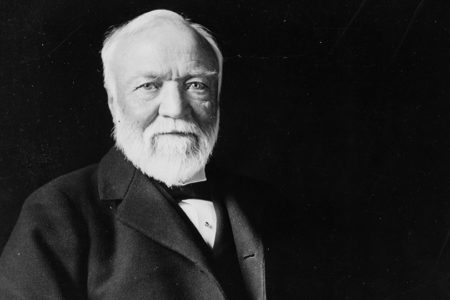From the Editor Mar/Apr 2018
For deeper insights into this issue, listen to radio host, Chris Katulka interview Lorna Simcox.
A minister once told me about a church that was having difficulty finding a pastor. Its doctrine was identical to that of The Friends of Israel Gospel Ministry. The church used the literal-historical-grammatical method of interpreting the Bible; believed the Rapture will precede seven years of unprecedented tribulation on Earth; and believed Jesus will return afterward to establish a literal, 1,000-year Messianic Kingdom, when He will sit on the throne of His ancestor King David. So far so good.
To the church’s delight, it received hundreds of applications. But to its dismay, few applicants held the same doctrinal position—or so the pulpit committee thought. When the candidating began, the committee was in for an even ruder awakening.
Under extensive questioning, some of the applicants who had appeared compatible with the church’s doctrine admitted they did not believe in a literal Messianic (Millennial) Kingdom. Nor did they believe the Jewish people would receive the future blessing God promised Israel in the Hebrew Scriptures. In their view, God was through with Israel and had replaced it with the church.
“So,” I told the minister relating the story, “these men were liars. They lied on their applications and had no qualms about lying to the congregation.” Worse still, they thought truthfulness less important than steering the church away from its current doctrine and support of Israel. If hired, they said, they had planned to change the church’s way of thinking. Sadly, this wasn’t the first time I’d heard such a story.
I asked the minister if he thought these men were truly born again. He said he didn’t know but hoped they were not because he hated to think genuine believers, particularly pastors, would lie.
The longer I serve the Lord, the more fervently I believe discernment is worth its weight in gold. Doctrine may sometimes seem daunting to those of us without degrees in theology, but we need to understand what is happening in Christendom in order to make wise decisions in all sorts of matters. We must know what we believe, why we believe it, and be able to recognize the warning signs when we meet a wolf in sheep’s clothing.
This issue of Israel My Glory examines how certain concepts are being redefined, making it more difficult for most of us to truly understand what someone believes. Since these articles use many theological terms, we’ve included a glossary.
We pray this issue will be a blessing and illuminate some of the important differences in Christian doctrine.
Waiting for His Appearing,
Lorna Simcox
Editor-in-Chief








